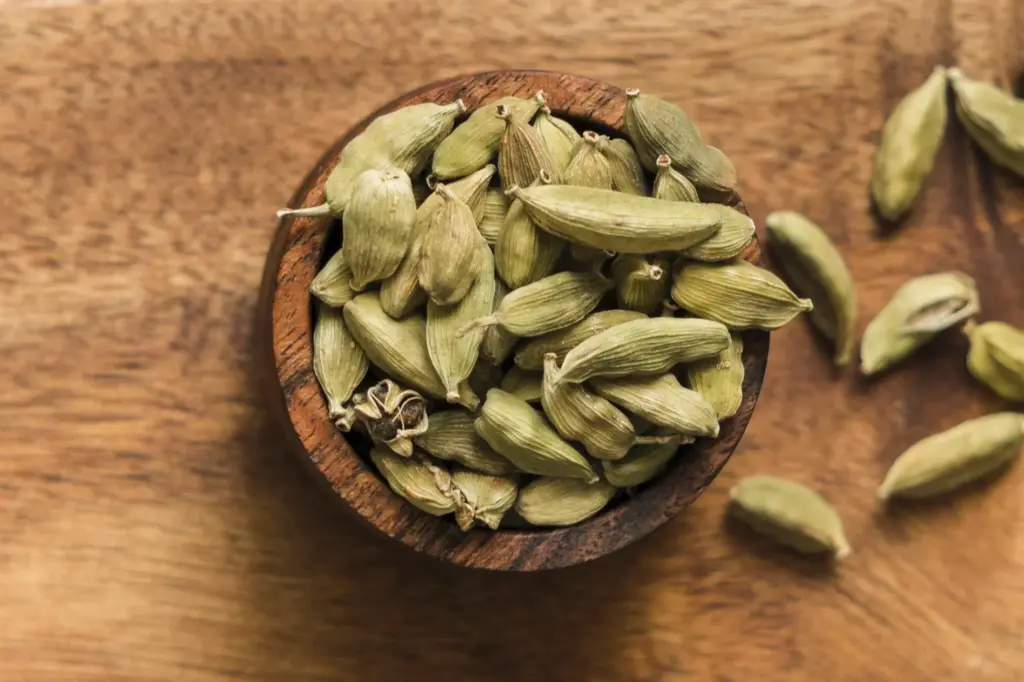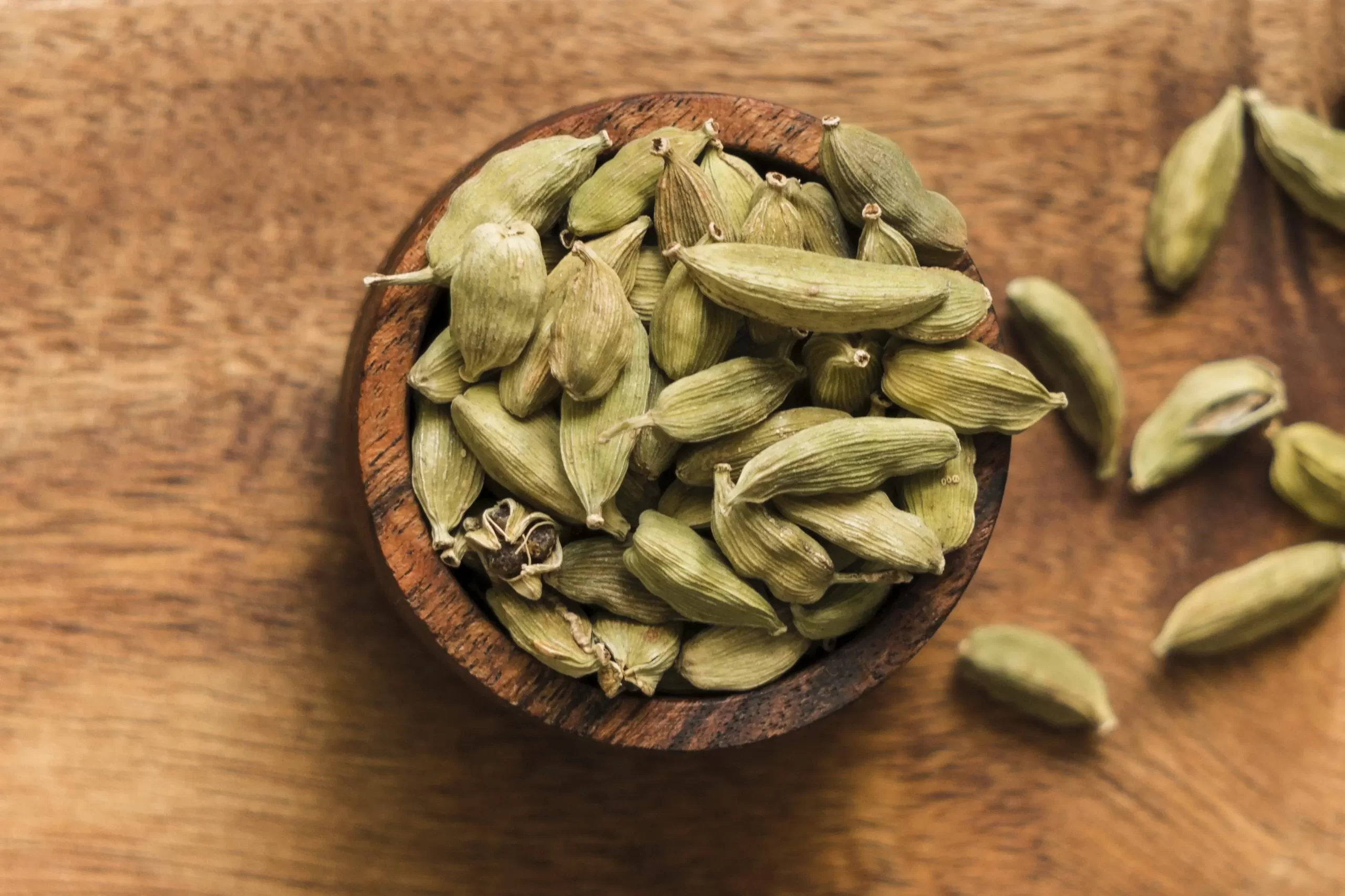
Unlocking the Power of Cardamom: A Comprehensive Guide to Its Health Benefits
Cardamom, often hailed as the “Queen of Spices,” is more than just a culinary delight. This aromatic spice, derived from the seeds of several plants in the genera *Elettaria* and *Amomum*, boasts a rich history and a plethora of health benefits. From ancient medicinal practices to modern scientific research, cardamom has consistently proven its worth. This article delves into the various ways cardamom can contribute to your overall well-being, providing a comprehensive guide to its uses and advantages.
A Brief History of Cardamom
Cardamom‘s journey through history is as captivating as its fragrance. Originating in the forests of India, Nepal, and Bhutan, it has been traded and valued for centuries. Ancient Egyptians used it in perfumes and incense, while the Greeks and Romans prized it for its digestive properties. Today, cardamom is a staple in cuisines worldwide, particularly in Indian, Middle Eastern, and Scandinavian dishes.
Nutritional Profile of Cardamom
Beyond its flavor and aroma, cardamom is packed with essential nutrients. It contains significant amounts of minerals like manganese, copper, iron, and magnesium. It’s also a good source of vitamins, including vitamin C, niacin, and riboflavin. The presence of these nutrients contributes to the various health benefits associated with cardamom.
Health Benefits of Cardamom: Backed by Science
Digestive Health
One of the most well-known benefits of cardamom is its ability to aid digestion. It stimulates the secretion of digestive enzymes, which helps to break down food more efficiently. This can alleviate symptoms of bloating, gas, and indigestion. Some studies suggest that cardamom can also protect against stomach ulcers by inhibiting the growth of *Helicobacter pylori*, a bacterium that causes ulcers. [See also: Natural Remedies for Digestive Issues]
Antioxidant Properties
Cardamom is rich in antioxidants, compounds that protect the body against damage from free radicals. Free radicals are unstable molecules that can contribute to aging and various diseases. The antioxidants in cardamom, such as flavonoids and polyphenols, neutralize these free radicals, reducing oxidative stress and promoting overall health. This antioxidant activity is a key factor in many of the other health benefits of cardamom.
Anti-Inflammatory Effects
Chronic inflammation is a root cause of many diseases, including heart disease, arthritis, and cancer. Cardamom possesses potent anti-inflammatory properties that can help to reduce inflammation in the body. Studies have shown that cardamom can inhibit the production of inflammatory cytokines, signaling molecules that contribute to inflammation. Regular consumption of cardamom may help to manage chronic inflammatory conditions. [See also: Anti-Inflammatory Diet Plan]
Oral Health
Cardamom has been used for centuries to freshen breath and improve oral hygiene. Its strong aroma helps to mask unpleasant odors, while its antibacterial properties can kill bacteria in the mouth that cause bad breath and cavities. Chewing cardamom seeds can stimulate saliva production, which further helps to cleanse the mouth and protect against tooth decay. Some studies even suggest that cardamom can help to prevent gum disease.
Blood Pressure Regulation
High blood pressure is a major risk factor for heart disease and stroke. Research indicates that cardamom may help to lower blood pressure levels. A study published in the *Indian Journal of Biochemistry & Biophysics* found that participants who consumed cardamom powder daily for 12 weeks experienced a significant reduction in both systolic and diastolic blood pressure. This effect is likely due to the antioxidant and diuretic properties of cardamom. [See also: Foods That Lower Blood Pressure]
Respiratory Health
Cardamom has traditionally been used to treat respiratory problems such as asthma, bronchitis, and coughs. Its expectorant properties help to loosen mucus and clear congestion from the airways, making it easier to breathe. The anti-inflammatory effects of cardamom can also help to soothe irritated airways and reduce inflammation in the lungs. Inhaling cardamom essential oil or drinking cardamom tea may provide relief from respiratory symptoms.
Potential Anti-Cancer Properties
While more research is needed, some studies suggest that cardamom may have anti-cancer properties. Compounds in cardamom have been shown to inhibit the growth and spread of cancer cells in test tube and animal studies. For example, a study published in the *Journal of Medicinal Food* found that cardamom extract inhibited the growth of breast cancer cells. These findings are promising, but further research is necessary to determine the potential of cardamom as a cancer treatment. [See also: Natural Cancer Prevention Strategies]
Cardamom for Detoxification
Cardamom acts as a natural diuretic and can help the body eliminate waste through the kidneys. This detoxification process can reduce water retention and improve overall kidney function. The antioxidants in cardamom also support the liver in its detoxification processes, helping to remove harmful toxins from the body.
How to Incorporate Cardamom into Your Diet
There are many delicious and creative ways to incorporate cardamom into your diet. Here are a few ideas:
- Add it to your coffee or tea: A pinch of ground cardamom can add a warm, aromatic flavor to your favorite hot beverage.
- Use it in baking: Cardamom is a classic ingredient in many baked goods, such as cakes, cookies, and breads.
- Spice up your savory dishes: Cardamom pairs well with meats, vegetables, and grains. Try adding it to curries, stews, or rice dishes.
- Make cardamom-infused oil: Infuse olive oil or coconut oil with cardamom pods for a flavorful and aromatic cooking oil.
- Chew on cardamom pods: Chewing on a cardamom pod can freshen your breath and aid digestion.
Precautions and Side Effects
Cardamom is generally considered safe for most people when consumed in moderate amounts. However, some individuals may experience side effects such as allergic reactions, gastrointestinal upset, or skin irritation. If you have any concerns, it’s best to consult with a healthcare professional before adding cardamom to your diet. Pregnant and breastfeeding women should also exercise caution and limit their intake of cardamom.
Conclusion: Embracing the Benefits of Cardamom
From its rich history to its numerous health benefits, cardamom is a spice that truly deserves its title as the “Queen of Spices.” Whether you’re looking to improve your digestion, boost your antioxidant intake, or simply add a touch of exotic flavor to your meals, cardamom is a versatile and valuable addition to any diet. By incorporating cardamom into your daily routine, you can unlock its potential to enhance your overall health and well-being. So, go ahead and embrace the power of cardamom – your body will thank you for it.

